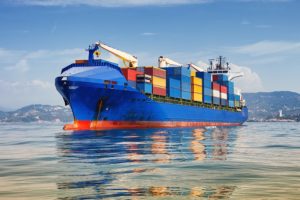
With the Panama canal expansion meeting its deadline in late 2015, shippers are busy determining which gateways would best serve their future needs. But even more strategic complexity has been introduced this year with consolidation of ocean carrier services. Rather than whistling in the dark, the leading ocean cargo gateways are keeping their guard up.
According to Ben Hackett, president of the maritime consultancy Hackett Associates, the P3 and G6 carrier alliances will not change the current ports comprising his monthly “Port Tracker” newsletter.
The ports surveyed in the report issued by the National Retail Federation and Hackett Associates include: Los Angeles/Long Beach, Oakland, Tacoma, Seattle, Houston, New York/New Jersey, Hampton Roads, Charleston, and Savannah, Miami, and Fort Lauderdale, Fla.-based Port Everglades.
“NY/NJ will always be a major destination because of the population concentration. The same is true of LA/Long Beach,” says Hackett. “Oakland and Savannah are important because they represent two of the best export gateways. Finally, Norfolk and Seattle/Tacoma are attractive because they have sufficiently deep harbors to handle the mega vessels.”
Hackett notes that alliance carriers will also continue to use their respective terminals, thereby ameliorating dockside disruption. He does concede, however, that drayage may be complicated in the future.
“With the influx of these massive container ships, truckers will have many more boxes to move at once,” he observes. “As a consequence, you can expect ports to demand more transparency in the drayage process.”
For full article visit : Complacency is not an option for US ports.

